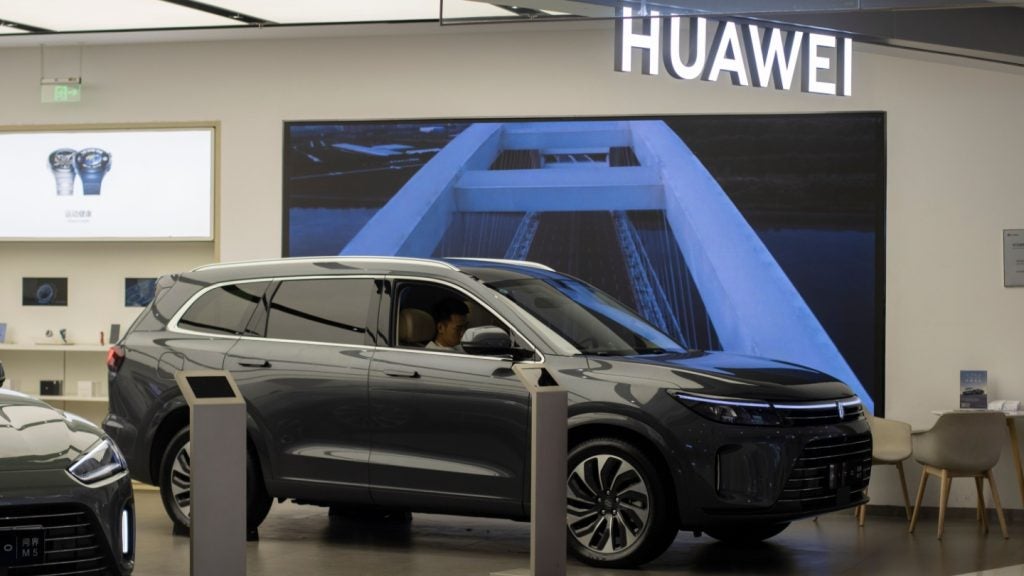
Finnish telecommunications giant Nokia has expanded its contract with mobile operator A1 Telekom Austria Group to provide 5G services in Bulgaria, Serbia and Slovenia.
Nokia will provide 5G radio access network (RAN) technology, which connects devices to the mobile network, in all three of the Eastern European countries. This will include Nokia’s cloud-native software from its AirScale portfolio.
The deal will also see Nokia deploy 5G standalone equipment – 5G kit that is not built on top of existing 4G networks – in Serbia and Slovenia. The equipment will be for the network core, which is where voice and other data is routed on from radio masts to its final destination.
The Bulgaria deployment is already underway and work in the other two countries is set to start “imminently”.
Nokia said the deal will also include services to industry verticals, including industry 4.0. Swedish telco Ericsson meanwhile will provide the core technology in Bulgaria.
Alex Kuchar, group director technology and future services at A1 Telekom Austria Group said: “As we take steps towards the introduction of 5G in these new markets it is imperative we have the best network infrastructure to offer our customers commercial 5G services that delivers all the technological advantages and benefits of 5G.”
How well do you really know your competitors?
Access the most comprehensive Company Profiles on the market, powered by GlobalData. Save hours of research. Gain competitive edge.

Thank you!
Your download email will arrive shortly
Not ready to buy yet? Download a free sample
We are confident about the unique quality of our Company Profiles. However, we want you to make the most beneficial decision for your business, so we offer a free sample that you can download by submitting the below form
By GlobalDataNokia’s Eastern Europe contract wins follows the telco winning its first 5G contract in China after rival Ericsson was shunned due to political tensions between Sweden and China.
On Thursday Ericsson secured a 5G core and RAN deal of its own in the Faroe Islands with Faroese Telecom, replacing Chinese rival Huawei.
It is the latest example of Europe shifting away from Chinese telecoms vendors after Huawei was ostracised by much of the West on national security grounds.
The latest generation of wireless communication technology is more than ten times faster than 4G and could hypothetically reach speeds of up to 20GB per second.
It has also been touted as having a key part to play in developed nations’ economic recovery from the pandemic, with Ericsson UK CEO Katherine Ainley telling Verdict that the UK needs to “go faster” with its 5G rollout to boost its position on the global stage.
According to GlobalData analysts, China and South Korea are leading the way in 5G adoption and by the end of 2020 had 26% and 24% 5G subscription penetration of the population respectively, compared to the global average of 5%. As Verdict recently explored though, consumer satisfaction isn’t high, and coverage remains poor.
“All new tech comes with its own special set of expectation and teething problems,” as Emma Mohr-McClune, service director and analyst at GlobalData, told Verdict.
“In terms of promised downstream speeds, I’m afraid the entire industry is guilty of promoting lab-environment maximums as standard experiences, when real experiences are invariably far more inconsistent, subject to a host of condition, device and location factors which are beyond the standard MNO’s ability to control.
“It might be 5G, but it’s still ‘best effort’. There are no guarantees, at least not in the mass market. That little fact rarely gets marketed properly, however.”




